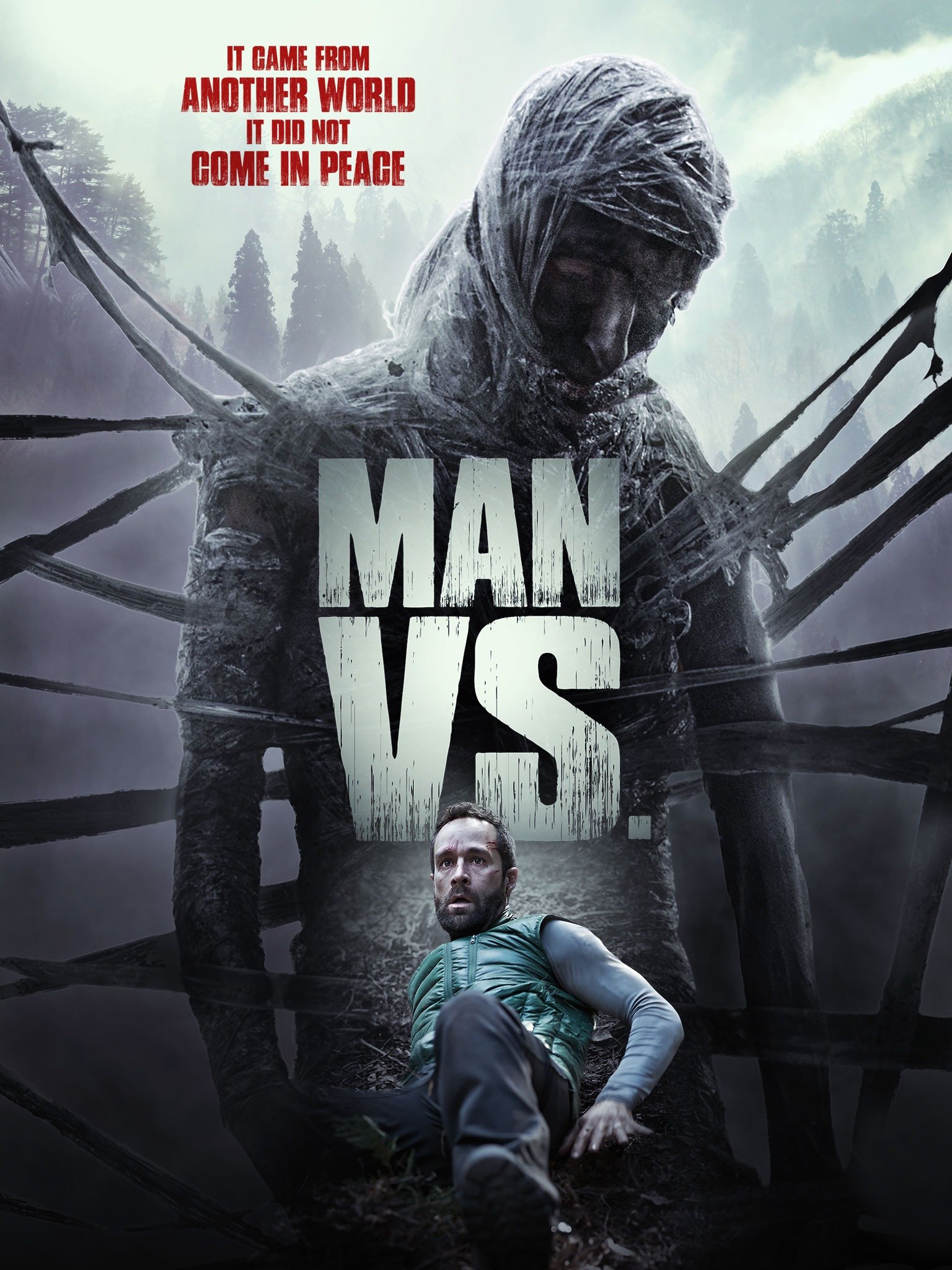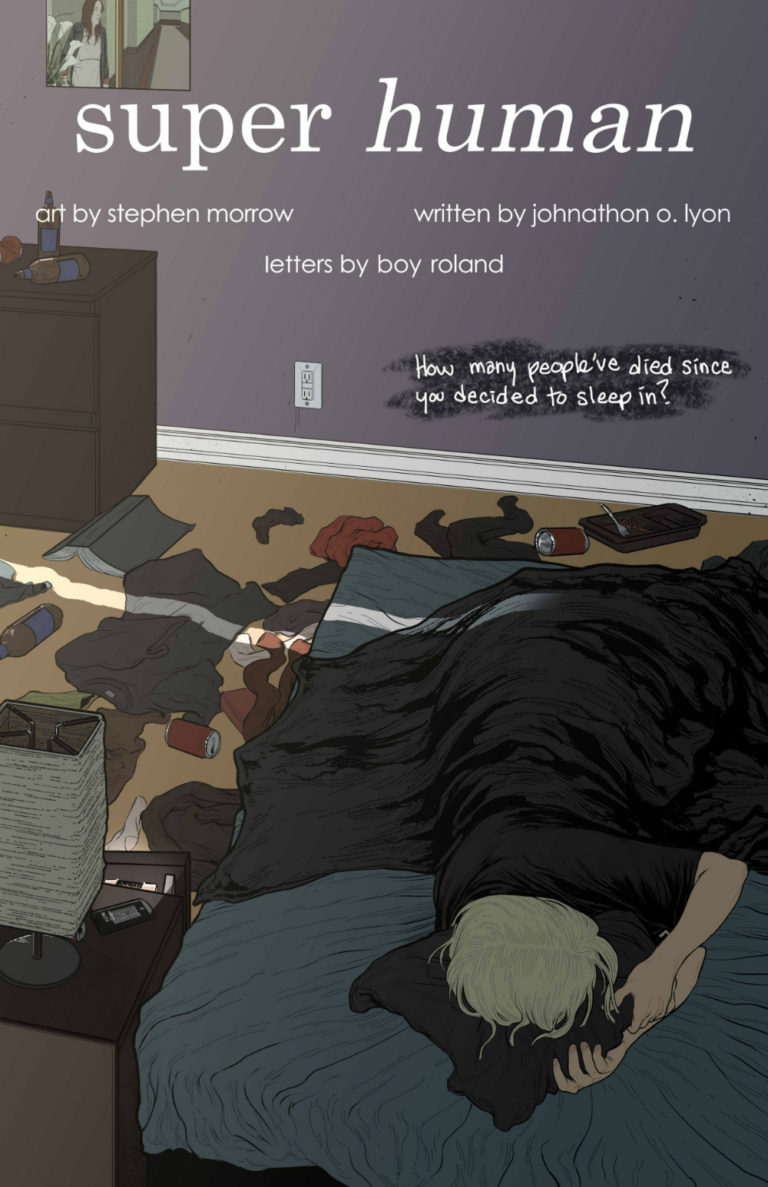

To put a pin in any conceptual issues, it’s this shuffling of cultures that keeps Humankind from becoming a slog. It’s oddly benevolent – any power transition between your own empire and a competing one has to play out on the world stage, but era transitions simply are.


The Ancient Olmecs were absorbed by the Achaemenid Persians, overtaken in turn by the Franks, who briefly entertained the Edo Japanese before taking back the stage as the French. I don’t play games like these for historical accuracy, and it’s something Humankind’s marketing specifically declaims (“more than history, it is your story”) but it still gives me a moment to pause that each culture simply… succeeds the previous. You aren't any specific figurehead, but your own custom avatar – a you-a-like with a cool facial scar, in my case. What would happen if I took a different approach to religious freedoms? And what pithy observation would the narrator make then?īeing the eternal God Emperor (and to be clear, this is my choice of words, not the game’s) does of course raise the question of the historical role of the cultures you play as. This emphasis on narrative events did make a playthrough feel specific though – I went through it thinking about how “next time” I might make different choices. While your choices have mechanical effects, at the standard level of difficulty I didn’t notice them to be make or break – mostly I built the socialist empire of my heart, and tried not to think too hard about the inherent contradiction there. Narrative events (which pop up in response to your actions) and civics (which pop up in response to narrative events) determine your ideology: are you traditional, or more progressive? Collectivist, or individualist? What kind of society do you want to lead, O God Emperor you? And I didn’t even need to bully all of them, as the game’s ideology system destined some of our empires to be fast friends. So after getting a taste for hunting deer and elephants, I stuck to bullying other empires the old-fashioned way. It felt so sneaky the first time I realized what had happened, but when you get another empire’s territory fully under your sphere of influence, it pings a grievance on your behalf, so you can say: “hey, I think those look like my people, not yours – guess we should we renegotiate those borders, huh?” That strength came with a skill I could use to bring a territory of mine back under my sphere of influence by pushing works of art, potentially flipping nearby territories too. So for the Ancient Olmecs, who I first played as, their strength was aesthete - with an emphasis on diplomacy and influence. Hitting certain milestones garners you era stars (which in turn earn fame), and it only takes one before you can pick your first culture and move on to the Ancient Era – or lurk in the Neolithic Era to keep picking up stars, and fame.Įach culture has a key strength - like expansion, agrarianism, or science - and getting era stars for that particular strength earn you an inch more fame than the other kinds of achievements. As you explore, hunt, and fight other settlers, you accumulate the influence needed to settle your first outposts, which will eventually become your sprawling cities. Your culture defines who you are in any given era – from Ancient Egyptian builders to British expansionists – but that can't develop in a vacuum, so your first job is to get the lay of the land. You start the game off in the Neolithic era, without any kind of culture yet.


 0 kommentar(er)
0 kommentar(er)
